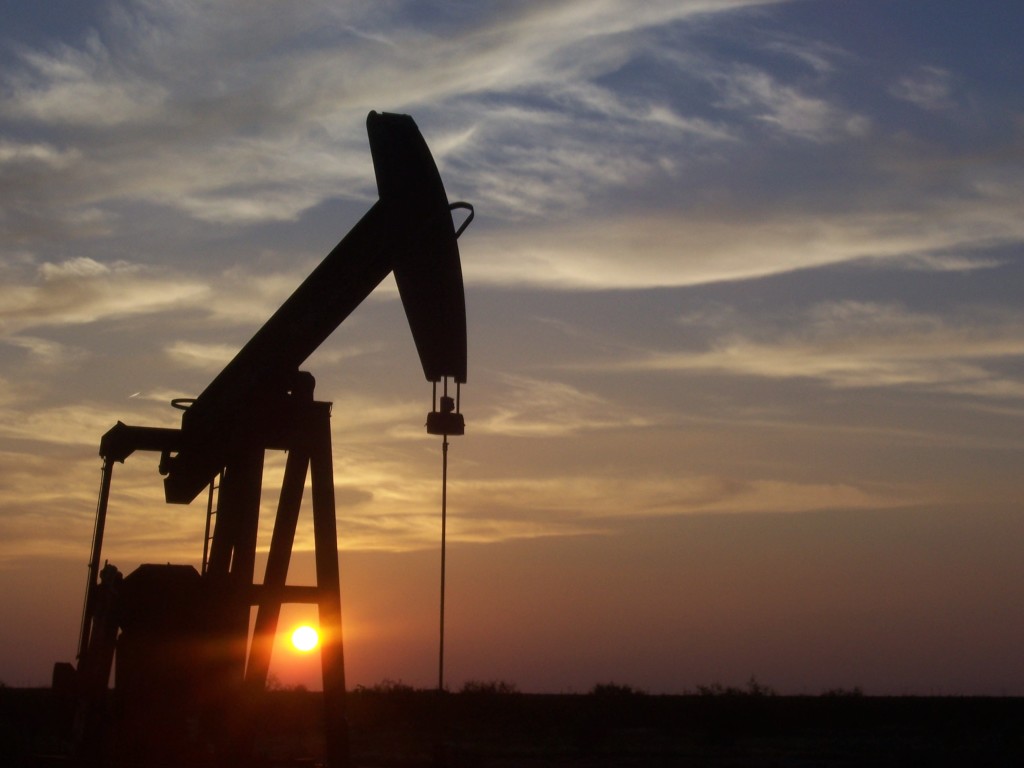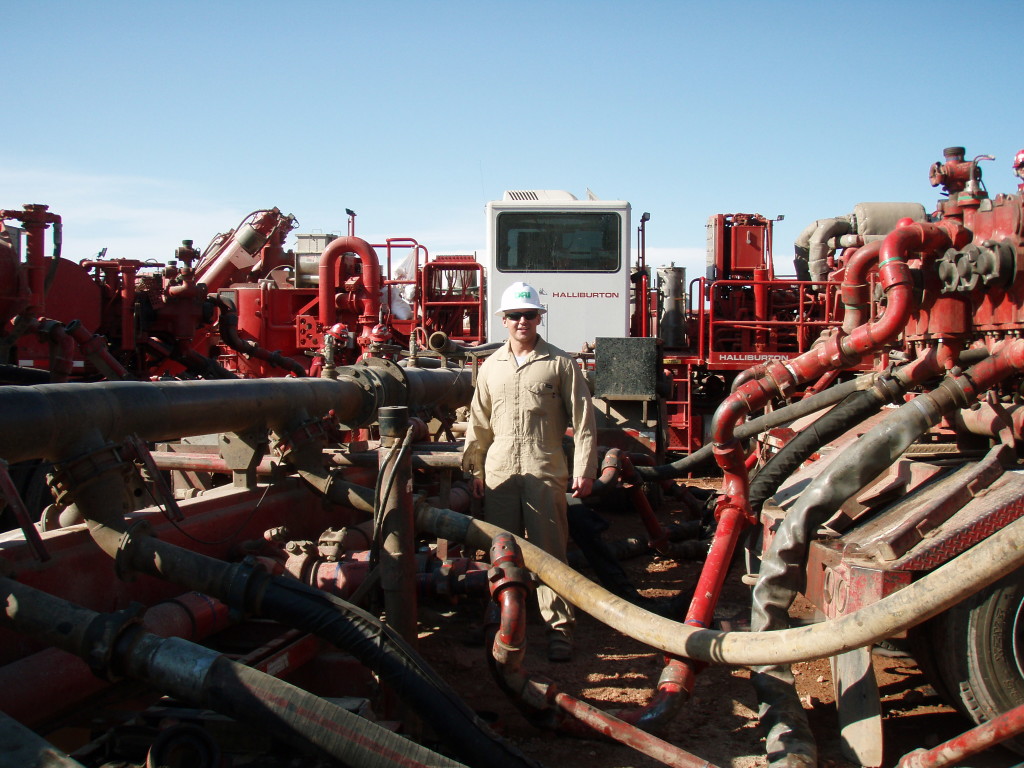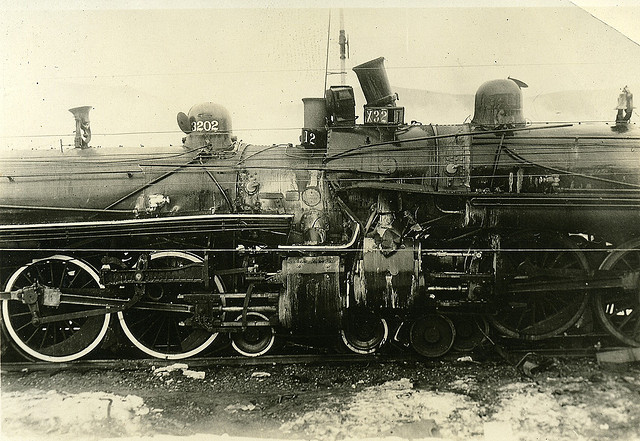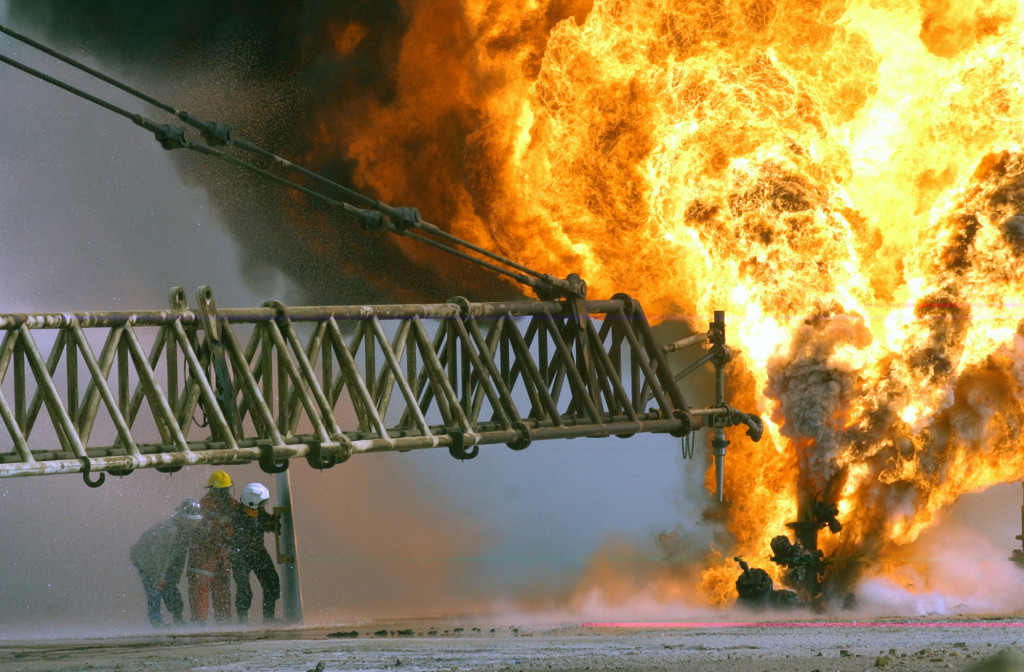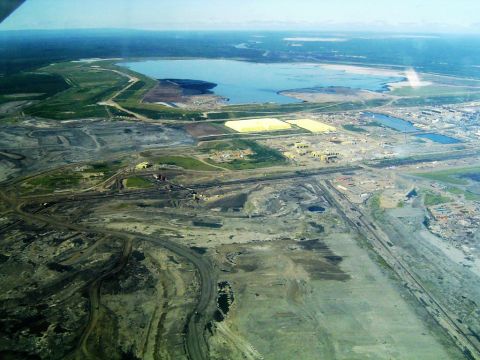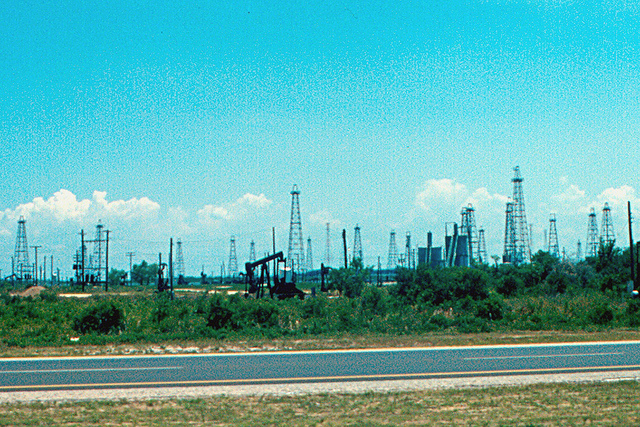Podcast: Play in new window | Download
Subscribe: RSS

This is the closest we could come to a chart showing what is next for ojl and gas prices, and how it’s going to feel. (Photo by Patrick McGarvey)
A savvy investor once told me that if you read something in the news, it is no longer true, if it ever was. I keep this in mind as I read over and over that the world is awash in 3 billion barrels of surplus oil. This glut — always and everywhere specified as 3 billion barrels — is present, the conventional wisdom (oxymoron alert) goes, because the crafty Saudis refused to cut production when the price of oil tanked (metaphor alert). They did this, it is said, to run the pesky American oil frackers out of business before they took over the world. This reminds me of the engraved plaque found in many Irish bars: “The Lord invented whiskey to keep the Irish from ruling the world.” An endearing sentiment, but probably not true. Continue reading
